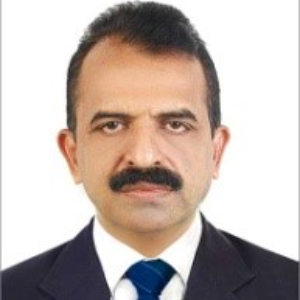Elena Chiappini, University of Florence, Italy
Background: Paediatric tuberculosis (TB) represents a critical health concern due to the significant risk of extrapulmonary TB (EPTB), severe disease forms, and the increasing prevalence of drug-resistant strains (DR-TB). Understanding the clinical characteristics of affected chi [....] » Read More





Title : Targeting resistance: New 4-substituted pyrazolidine and isoxazolidine as antibiotics with interesting antimicrobial activities
Yousfi Tarek, Nationale Research for Biotechnology Research Center, Algeria
A series of new isoxazolidine and pyrazolidine compounds were synthesized in very good yields of 76-99.2% by Michael and Aza-Michael reactions, respectively, and all compounds were characterized by 1H NMR, 13C NMR. we discovered that the pyrrolidine/benzoic acid catalyzed in Mich [....] » Read More
Title : Barriers to polio eradication in South Asia: A systematic review
Awranoos Ahadi, Bolan Medical College, Pakistan
Background: The Eastern Mediterranean Region (EMRO) of the World Health Organization (WHO) is the last region in which polio transmission continues. Afghanistan and Pakistan, also being parts of South Asia, pose a major burden for the transmission of the virus both in the EMRO an [....] » Read More
Title : Home-based HPV self-sampling assisted by a cloud-based electronic data system: Lessons learnt from a pilot community cervical cancer screening campaign in rural Ethiopia, May 2020
Temesgen Azemeraw Yitayew, Addis Ababa University, Ethiopia
Primary HPV testing and triage of HPV – positive women is an effective cervical cancer screening strategy. Such a multi-visit screening algorithm is also promising for community based screening in resource-poor communities, provided a robust tracking system is in place.&nbs [....] » Read More